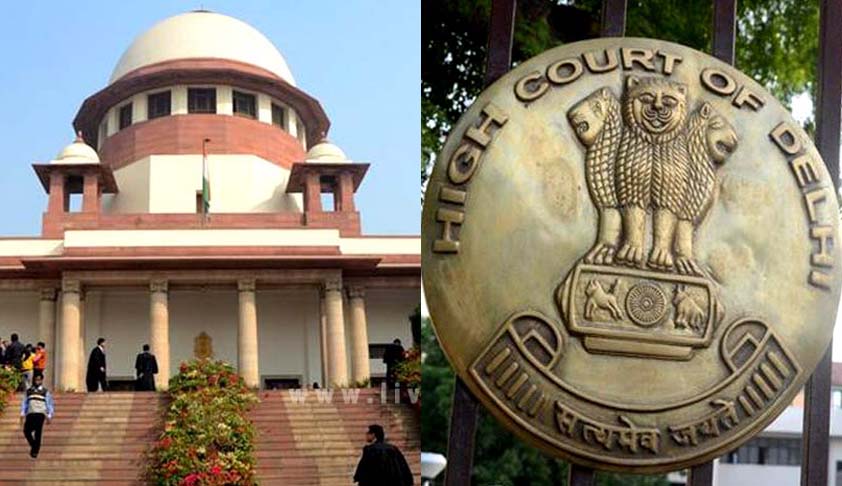Petition filed in Delhi HC against Supreme Court Collegium and its Recommendations
Apoorva Mandhani
11 May 2016 7:20 PM IST

Next Story
11 May 2016 7:20 PM IST
A petition has been filed before the High Court of Delhi, for restraining the collegium consisting of the Hon'ble Chief Justice of India and four senior most Judges of the Supreme Court from making any recommendation for appointment of Judges of the Supreme Court and the High Courts and further to prohibit and restrain the Union of India from acting upon any such recommendation made by...
